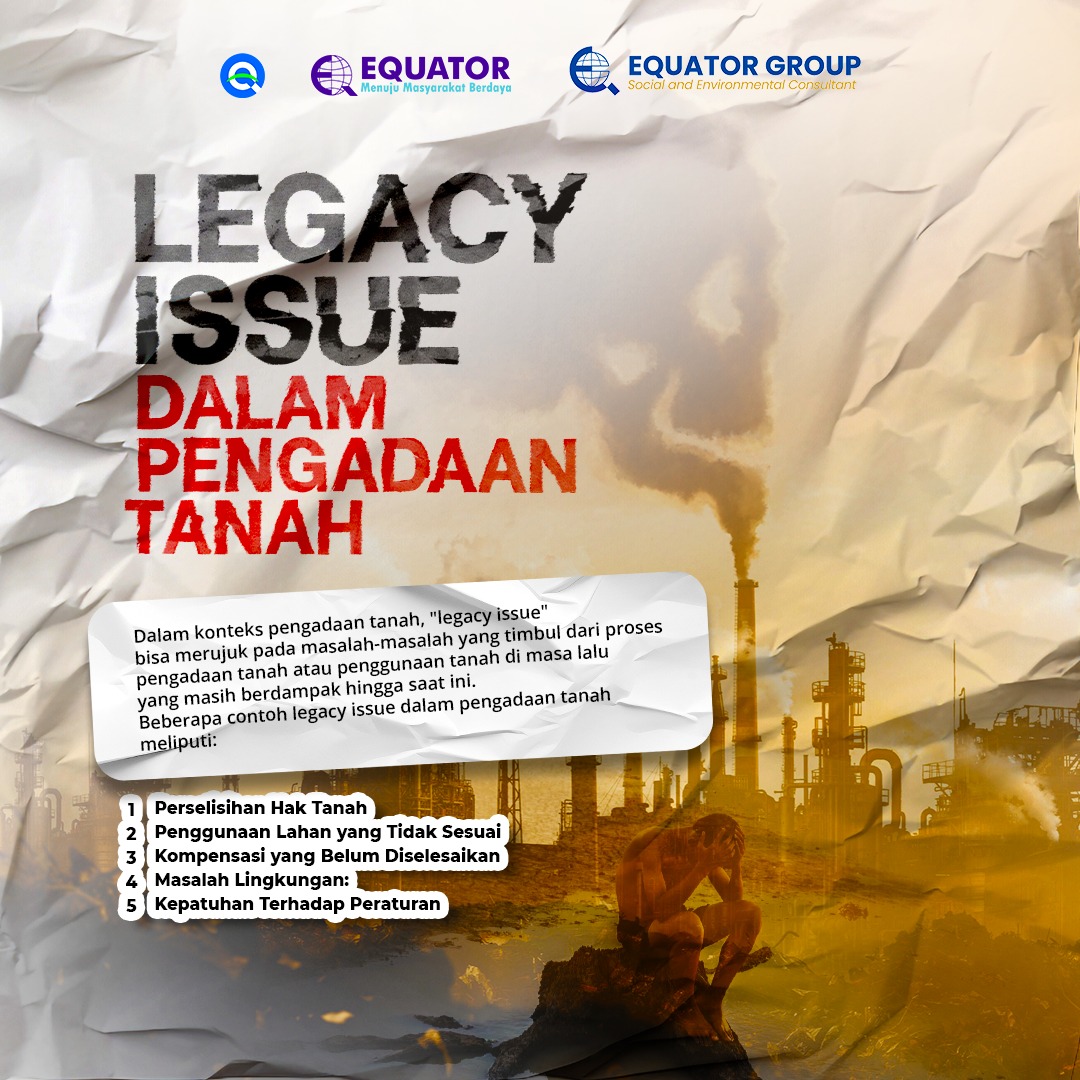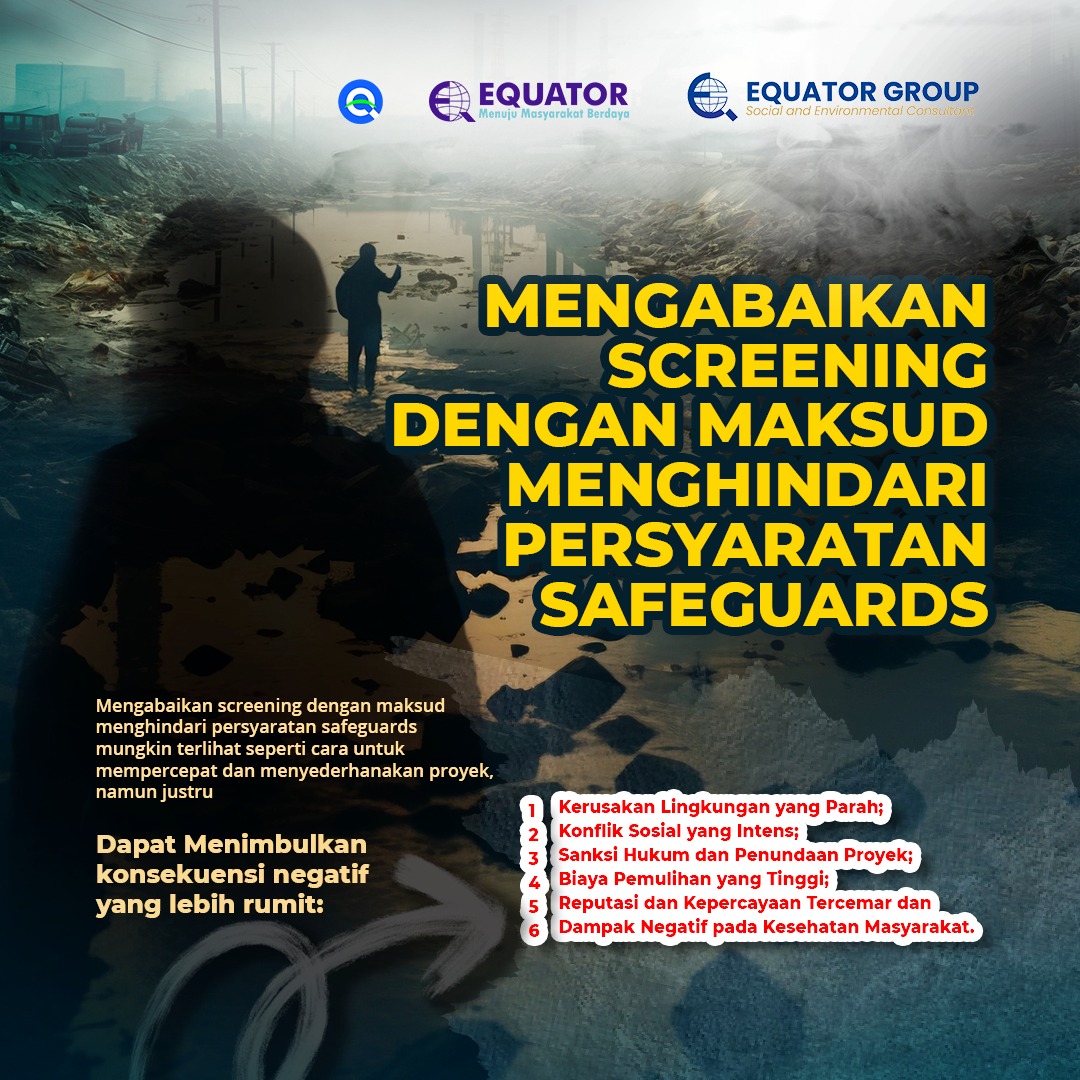



The Importance of Utility Coordination in Infrastructure Projects: Avoiding Conflicts and Ensuring Efficiency

The Importance of Utility Coordination in Infrastructure Projects: Avoiding Conflicts and Ensuring Efficiency
In this era of continuous modernization, infrastructure projects have become the backbone of economic growth and improvement in the quality of life for communities. However, an often-overlooked aspect in the planning and execution of these projects is the underground utilities such as water supply pipelines and PDAM networks. Neglecting to conduct a thorough utility assessment can lead to serious issues later on, disrupting project efficiency and incurring unforeseen costs.
Challenges in Infrastructure Projects
Infrastructure projects, especially in urban areas, frequently face complex challenges. One of the primary challenges is the lack of attention to underground utilities. Infrastructure such as water pipelines, telecommunications cables, and electrical networks are often not well-coordinated during the planning stage. This oversight can cause significant disruptions when the need for these utilities arises during or even after the project is completed.
Poor coordination with relevant parties like Telkom, PLN, and other agencies with underground infrastructure is a common cause of these issues. The inability to identify and coordinate underground utilities can be detrimental, causing damage to existing infrastructure and necessitating costly repairs.
The Importance of Effective Coordination
One crucial step in addressing this problem is to establish effective coordination with all relevant parties. For instance, in highway construction projects, coordination with agencies responsible for underground utilities should occur before the project begins. This includes Telkom for telecommunications cables, PLN for electrical networks, and PDAM for water supply pipelines.
Effective coordination is essential not only to avoid conflicts and damages but also to ensure that the project can proceed smoothly without unnecessary interruptions. Good coordination helps in identifying critical points where utilities are located, allowing for better planning and efficiency in project execution.
Training and Awareness
However, another major challenge is the lack of training and awareness among the parties responsible for planning and executing projects. The preparation of reports and Land Acquisition Planning Documents (DPPT) is often handled by individuals who have never undergone training that includes underground utility assessments. They tend to focus only on what is visible above ground, while many coordination aspects regarding underground utilities are overlooked.
Comprehensive and ongoing training is crucial to raise awareness and knowledge among professionals in this field. This training should cover techniques for identifying, mapping, and coordinating underground utilities, as well as the importance of communication with relevant agencies.
Conclusion
Effective utility coordination and adequate training are key to avoiding conflicts and ensuring efficiency in infrastructure projects. By considering underground utilities from the planning stage and establishing good coordination with relevant agencies, infrastructure projects can run more smoothly, efficiently, and with minimal disruptions. This not only saves time and costs but also enhances the quality of the final project, providing greater benefits to the community.
Good coordination is the foundation of a successful infrastructure project. Through proper training and effective communication, we can overcome these challenges and build better infrastructure for the future.







